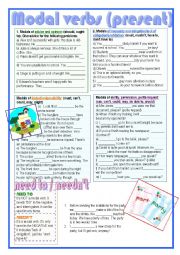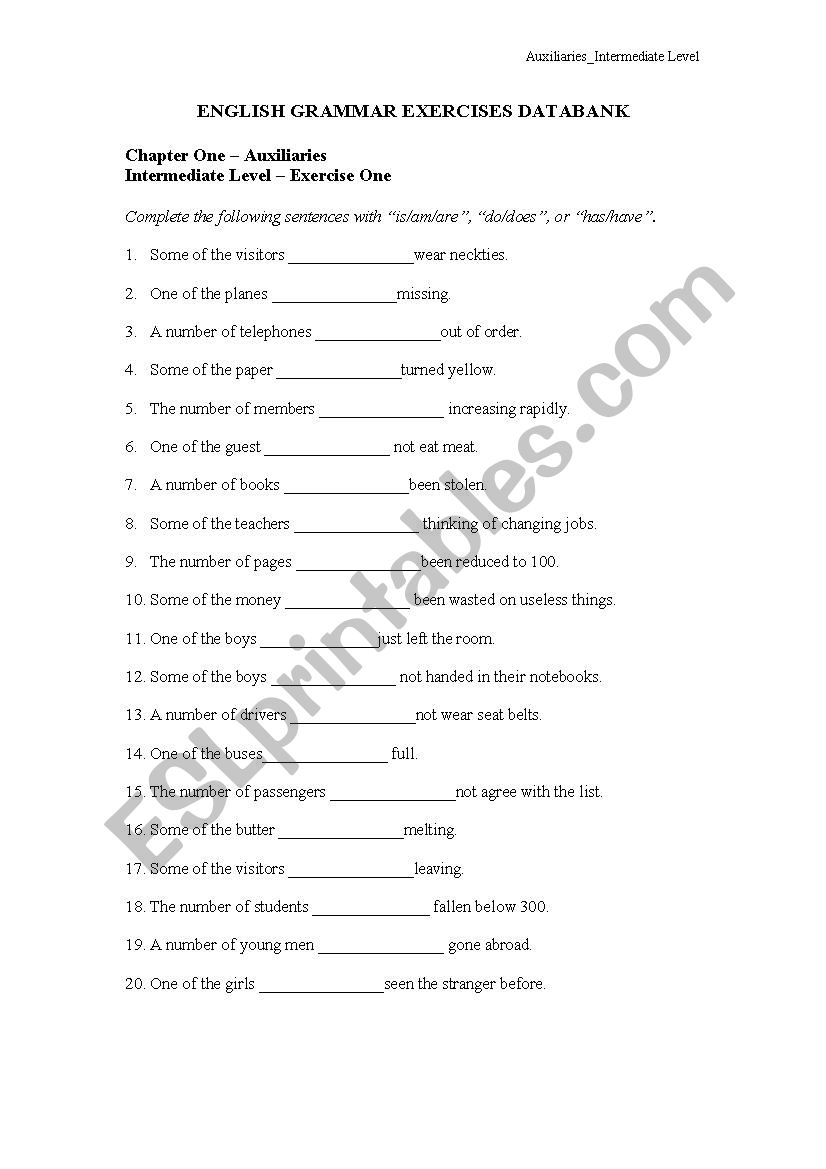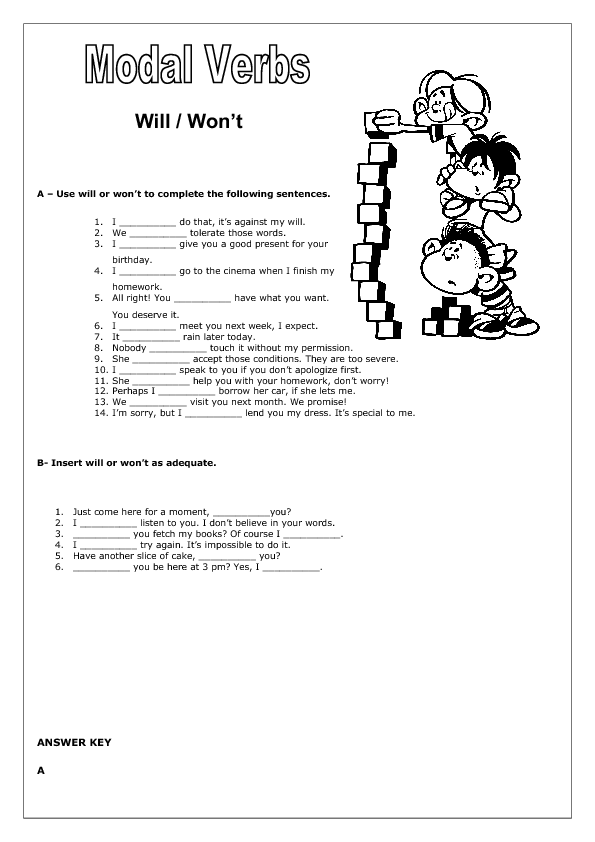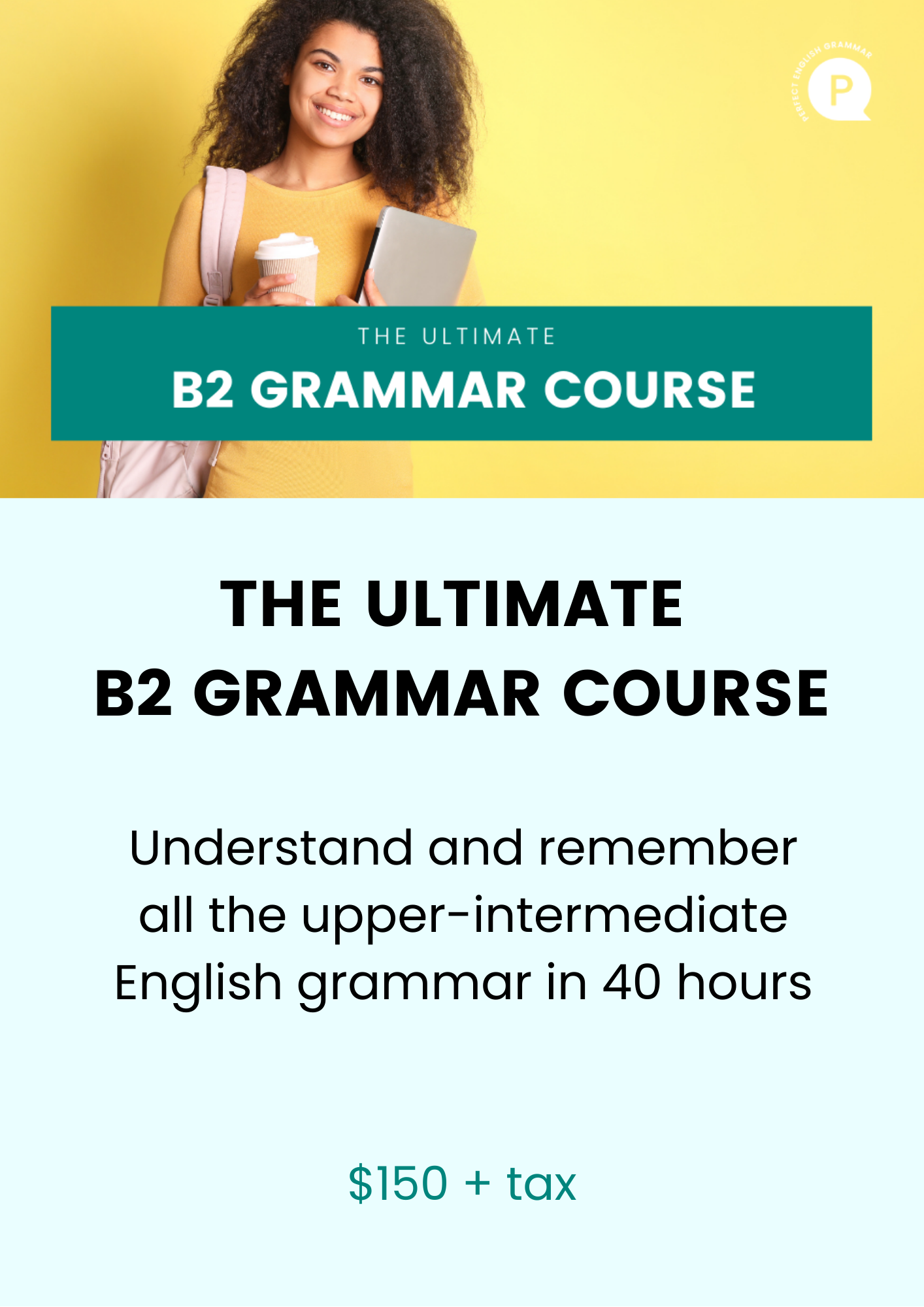


We use will and won't when we are very sure: Notice that the opposite of 'must' is ' can't in this case. I am waiting for Julie with another friend, David. 1: Talking about the present: must / might / could / may / can't + infinitive We choose the verb depending on how sure we are. We can use these modal verbs (also called modals of deduction, speculation or certainty) when we want to make a guess about something.

You can use examples from the videos and exercises above.Click here for all the exercises about modal verbs And, for the most daring, read this article from “Rolling Stone”.ħ) Finally, write a story of about 200/250 words using as many modal verbs as you can. You should learn all the vocabulary and practice pronunciation. Look the new words up in an English-English dictionary like this one.Ħ) Listen and read this story.

Extract all the words you don't know from this article from Newsweek Magazine entitled “What Obama can learn form JFK”. If you don't have a language exchange (or a teacher) you are wasting your time, you'll never learn to speak English.ĥ) Time to learn some vocabulary. Thus:Ī) They are always followed by a bare infinitive form of another verbī) They have no non-finite forms (no infinitive, -ing participle, or -ed participle)Ĭ) They do not agree in the third-person singular.ĭ) Two modals never occur together in the same sentence.ġ) Now, let’s check your knowledge of modal verbs with these videos:Ģ) Here you will find a very useful modal verbs summary chart.ģ) Let’s do some practice with these exercises:Ĥ) Use the sentences from the above exercises to practice with your language exchange. As you may already know, modal verbs are a type of auxiliary verb which express the mood of another verb or, to put it differently, the subjective attitudes and opinions of the speaker including possibility, obligation, probability, necessity, etc.Īpart from the NICE properties which distinguish auxiliary from main verbs, modals display some particular features that set them apart from other auxiliary verbs.


 0 kommentar(er)
0 kommentar(er)
